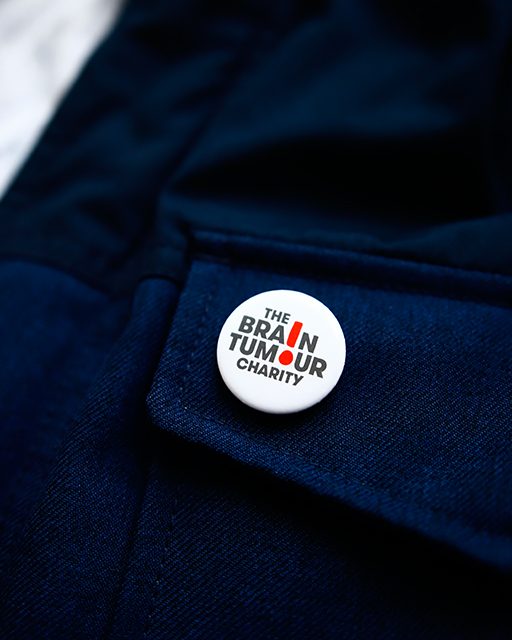Last year, Greater Manchester became the first English region to gain control of health spending (a £6bn budget), following the devolution of health powers to Scotland, Wales and Northern Ireland in 1999.
How has this development affected the work of health and social care charities? In some ways, devolution to Greater Manchester complicates our Charity’s aim to ensure that all brain tumour patients have equal, universal access to the best treatment and care in the NHS across the UK.
The impact of devolution
This is because the changes in Greater Manchester have seen the creation of new structures that the charity sector needs to engage with to influence service delivery.
Decision-making powers over the allocation of the health and social care budget in Greater Manchester are now made by a Combined Authority that is made up of directly elected politicians (council leaders) and the Health and Social Care Partnership (made up of 37 NHS organisations and councils).
At the same time, devolution has provided some opportunities for charities to influence service improvement at a more local level, allowing them to make the case for unmet need to be addressed.
Charity input
The Brain Tumour Charity is part of the VCSE Advisory Group to the Greater Manchester Cancer System Board, which allows the charity sector to provide input about the direction of cancer services in the region.
In the last year, the Greater Manchester Health and Social Care Partnership has published a new Cancer Plan, and is currently consulting on a Cancer Education Strategy. The Cancer Plan has very ambitious targets, such as increasing one-year survival to 75% or more by 2020.
Holding politicians to account
The involvement of patients and patient groups is crucial to implementing these plans, holding politicians and health and social care leaders to account.
For example, one of the priorities in the draft Cancer Education Strategy is to raise awareness of the signs and symptoms of cancer, which gives us the opportunity to highlight the success of the HeadSmart campaign and why it should be a part of any education resources for healthcare professionals.
We believe that patient group involvement in decision making should be expanded further, so that there is representation on the Greater Manchester Cancer System Board.
A postcode lottery?
Perhaps the biggest concern about greater devolution is that it will increase the postcode lottery in the quality of care patients receive. Charities have a role to ensure that the treatment and care provided to cancer patients in Greater Manchester abides with national guidance and frameworks such as the NHS Constitution.
We will be active in promoting our Patient Guide which outlines the standards of care that we believe all adults diagnosed with a brain tumour should expect in the NHS.
A chance for change?
On the other hand, devolution provides the opportunity to improve national guidance from bodies like NICE that is insufficient for brain tumour patients. For example, the Cancer Plan includes an ambition to implement the NICE guideline on referral for suspected cancer which was published last year.
We will press the Health and Social Care Partnership to make changes to the guidance when they begin the implementation process, as we believe the recommendations were inadequate. The guideline was based on a method which assigns a numerical value to a symptom, assessing the likelihood of a person presenting with that symptom having a certain type of cancer.
This works well for cancers with symptoms which are limited and distinct (like a persistent cough in lung cancer) but works less well in cancers like brain tumours where the symptoms are varied and can often be mistaken for other conditions.
The success of devolution in Greater Manchester will strongly depend on the involvement of patients and patient groups in improving services. We work to influence the structures in the region to improve life today and ensure equal access to the best treatment and care for all brain tumour patients.

Your voice matters
By campaigning with The Brain Tumour Charity, you can help ensure the issues which affect the brain tumour community remain a political priority.
